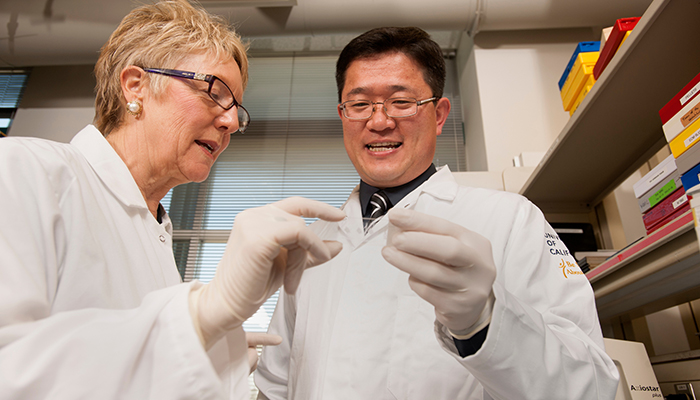
Dr. Diana Farmer and Dr. Aijun Wang talk in the research laboratory on Thursday April 23, 2015 at UC Medical Center in Sacramento, Ca. The stem cell on spina bifida has found ways to help those with the congenital disorder.
The University of California, Davis, is awarding $435,000 to help eight scientists advance their research and innovations toward commercial applications through three proof-of-concept grant programs. The recipients are targeting solutions in a range of applications including food, animal health, medical technology, energy, sustainable manufacturing and transportation.
Now in its eighth year, the Science Translation and Innovative Research (STAIR™) grant program provides awards of up to $50,000 to campus innovators to enable demonstration of early proof-of-concept for technologies being developed at the university. A second program, Data Informatics and Application Launch (DIAL™), provides awards of up to $20,000 for innovations specifically geared toward data, information science or software. The Food Systems Innovation (FSI) grant, a newly launched collaboration between Venture Catalyst and the Innovation Institute for Food and Health (IIFH), awards $50,000 to fund innovative technology advancements aimed at addressing global nutritional challenges.
In addition to receiving grants, recipients participate in a structured entrepreneurial training program, such as the Entrepreneurship Academy hosted by the UC Davis Mike and Renee Child Institute for Innovation and Entrepreneurship. Awardees are also paired with experienced business mentors to provide guidance on commercial translation.
“University research often yields exciting potential solutions, but access to funding and resources to evaluate and advance them is often a limiting factor in further development,” said Prasant Mohapatra, vice chancellor for Research. “These proof-of-concept grants and associated support provide a path forward for bold ideas with strong potential for success.”
The STAIR and DIAL grant programs are funded by the UC Davis Office of Research and managed by Venture Catalyst. The UC Davis School of Medicine, School of Veterinary Medicine, College of Biological Sciences and College of Letters and Science also committed supplemental funding to awardees from their respective academic units. In addition, industry partners joined this cycle to explore projects aligned with their areas of interest, including Bayer Crop Science, Bayer Healthcare and Elanco Animal Health.
External review committees consisting of industry professionals, investors and experienced entrepreneurs, assembled by Venture Catalyst, reviewed the proposals and recommended the recipients of the awards.
The new FSI grant program was funded by the IIFH and Venture Catalyst. Applicants were evaluated by a review committee consisting of industry leaders and investors that have partnered with IIFH on various programs.
STAIR Grant Recipients
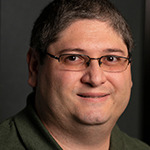
Professor Michele Barbato
Department of Civil and Environmental Engineering
Improvement of Abrasion Resistance of Eco-friendly Fluorogypsum-based Concrete
Barbato and his team developed an economically competitive and eco-friendly substitute for ordinary Portland concrete used for sidewalks and parking lots. The team plans to extend the application to allow for use in paving roads by improving the ability to resist wearing that is required for those applications.
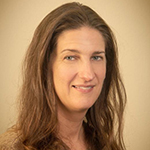 Professor Louise Berben
Professor Louise Berben
Department of Chemistry
Synthesis of Organo-aluminum Flow Battery Analytes with Enhanced Stability
Flow batteries, which store power in large tanks of liquid electrolytes, offer an attractive solution to help sustain electric grids by storing electricity from wind and solar generators. Current commercial versions rely on vanadium-based electrolytes in aqueous media. Berben is developing a version with higher energy density and wider operating temperature range using inexpensive aluminum compounds in a non-aqueous media.
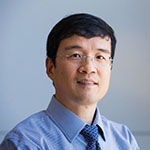 Professor Allen Gao
Professor Allen Gao
Department of Urologic Surgery
Development of novel dual androgen receptor-AKR1C3 inhibitors
Increasing evidence shows androgen receptors (AR/ARv7) and AKR1C3 play important roles in the progression of prostate cancer and resistance to therapeutic treatments. Gao is developing a number of novel small molecules that inhibit the expression and activity of AR/ARv7 and AKR1C3, as well as the growth of drug-resistant prostate cancer cells.
 Professor Aijun Wang
Professor Aijun Wang
Department of Surgery
Engineered Placental Mesenchymal Stromal Cells and Extracellular Vesicles for the Treatment of Spinal Cord Injury
Wang and his colleagues have developed a stem cell treatment for spina bifida, a congenital form of spinal cord injury, that has been shown to be effective in a fetal lamb model and is now in a first-in-human clinical study. The team plans to expand this technology to treat adult-onset spinal cord injuries, currently for which there is no available medical treatment.
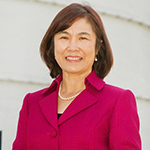 Professor Ruihong Zhang
Professor Ruihong Zhang
Department of Biological and Agricultural Engineering
A Novel Technology for Converting Food Waste into Biodegradable Plastics
The adoption of current methods to produce biodegradable plastics have been constrained since the cost to produce them using polyhydroxyalkanoates (PHA) exceeds the cost of conventional plastics. Zhang is developing a novel integrated system for producing PHA from food and other organic waste that has the potential for higher production yield with lower production costs. The system uses halophilic microorganisms to synthesis PHA efficiently.
DIAL Grant Recipients
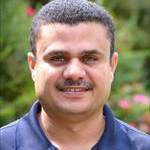 Professor Sharif Aly
Professor Sharif Aly
Department of Population Health and Reproduction
Commercialization of the Bovine Respiratory Disease Risk Assessment for Prevention of Pneumonia in Dairy Calves
Bovine Respiratory Disease (BRD), the leading cause of death in weaned and growing cattle, is often identified too late for treatment to be effective because of its complex web of risk factors and lack of clinical signs. Aly is developing a risk-assessment tool that can rapidly provide risk scores and aid in actionable interventions for each herd. His team intends to launch a demonstration study enrolling 6,000 calves.
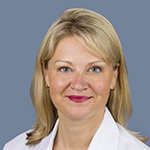 Associate Professor Misty Humphries
Associate Professor Misty Humphries
Department of Surgery
Diagnosis of arterial insufficiency in patient with peripheral artery disease and diabetes
Humphries and team are utilizing a machine learning algorithm that combines pulse oximetry measurements of oxygenation and perfusion to detect critical congenital heart disease in newborns to target chronic limb-threatening ischemia. Current diagnostic tools require specially trained personnel to perform the test, resulting in limited availability and delayed diagnosis. The proposed technology aims to improve access by introducing a user-friendly diagnostic tool to evaluate limb perfusion using pulse oximeters.
Food Systems Innovation Award Recipient
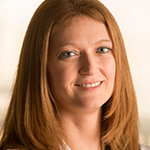 Professor Daniela Barile
Professor Daniela Barile
Department of Food Science and Technology
Developing activated probiotics for enhanced persistence and colonization in the gut
Probiotics are increasingly used to improve gut health. One current challenge is the lack of persistence of probiotics in gut ecosystems which lowers their efficacy. Co-principal investigator David Mills have demonstrated that complexing probiotic bacteria with milk glycoproteins increases persistence in the gut. Barile’s team seeks to examine whey phospholipid concentrate, a waste stream from cheese production rich in milk glycoproteins, as a generalized substrate to complex probiotic strains to enhance probiotic efficacy.
Updates from Previous Grant Recipients
Over the past seven award cycles, over $2.2M has been awarded to 42 recipients. These recipients, along with the 120 finalists, have made significant progress in advancing their technologies toward commercialization, with the licensing of 22 technologies, launch of 16 startups and formation of two research collaborations. The awardees and finalists have been successful in raising $33M in follow on funding, out of which $20M has been in the form of startup investment and $13M in additional research funding leveraging data and results from awarded project.
Of the notable accomplishments over this year, Delix Therapeutics raised $15M in seed series funding to develop a class of non-hallucinogenic versions of psychedelic compounds treating central nervous system disorders and Sierra Biopharma is working on a transformative non-immunosuppressive therapeutic for the autoimmune disease, myasthenia gravis. Sierra Biopharma was selected to participate in the 2020 Science2Startup showcase event — a forum for top scientists from around the world to present their ideas and interact with leading investors and executives in the Boston biotechnology hub.
Past Announcements
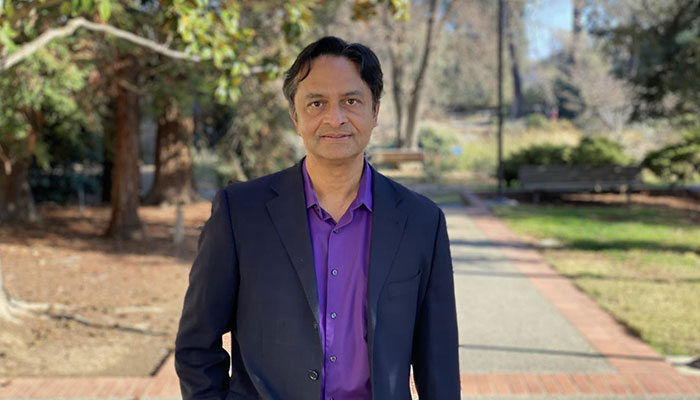

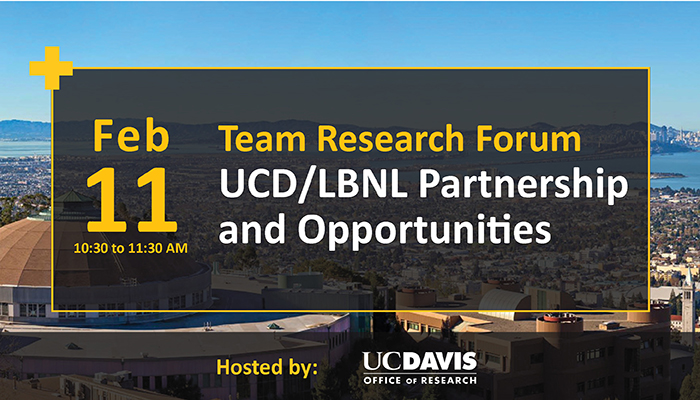

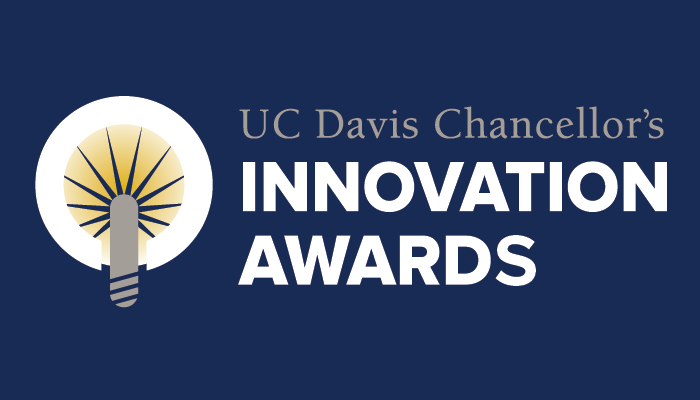
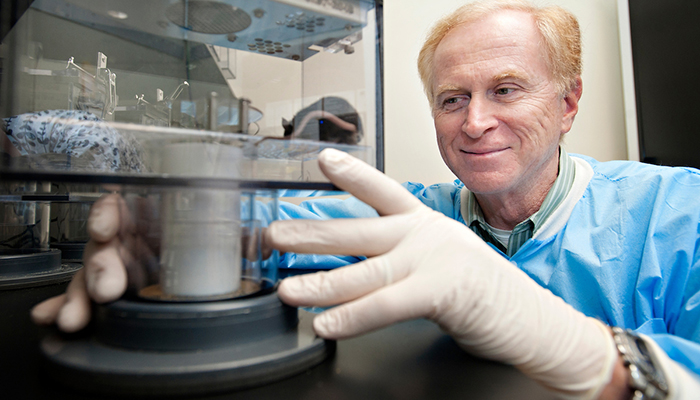
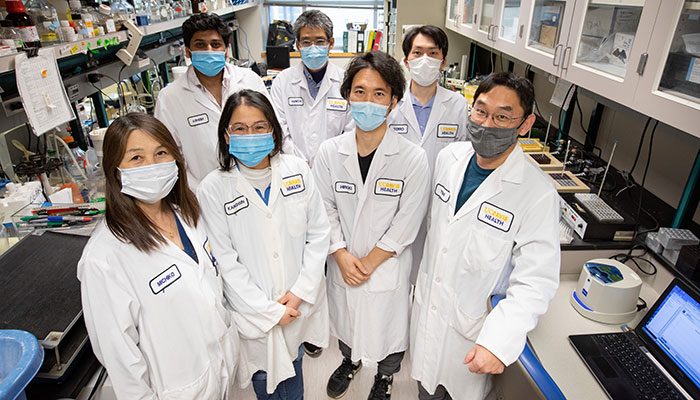
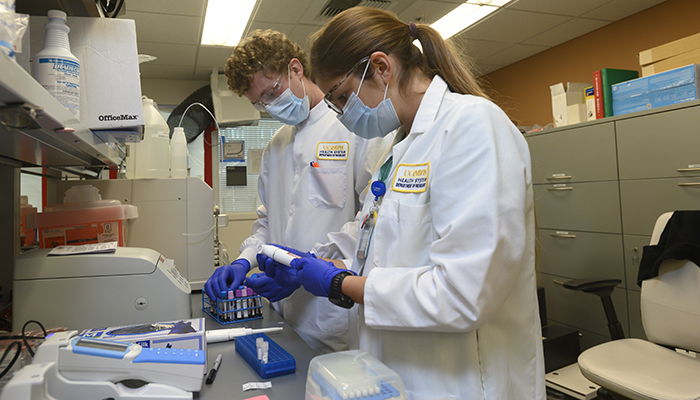


 Professor Louise Berben
Professor Louise Berben Professor Allen Gao
Professor Allen Gao Professor Aijun Wang
Professor Aijun Wang Professor Ruihong Zhang
Professor Ruihong Zhang Professor Sharif Aly
Professor Sharif Aly Associate Professor Misty Humphries
Associate Professor Misty Humphries Professor Daniela Barile
Professor Daniela Barile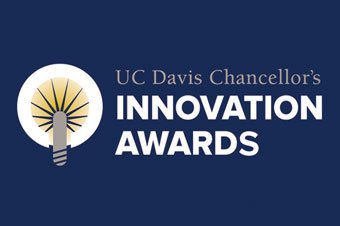
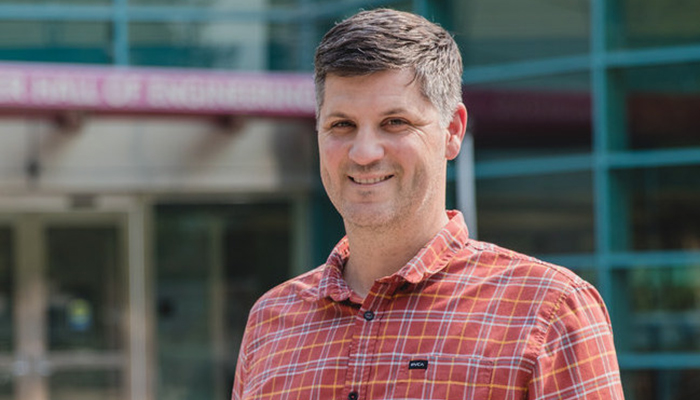

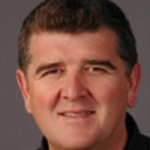
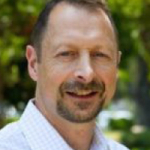
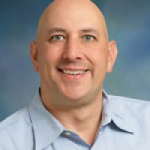 John Voss, professor, Department of Biochemistry and Molecular Medicine
John Voss, professor, Department of Biochemistry and Molecular Medicine